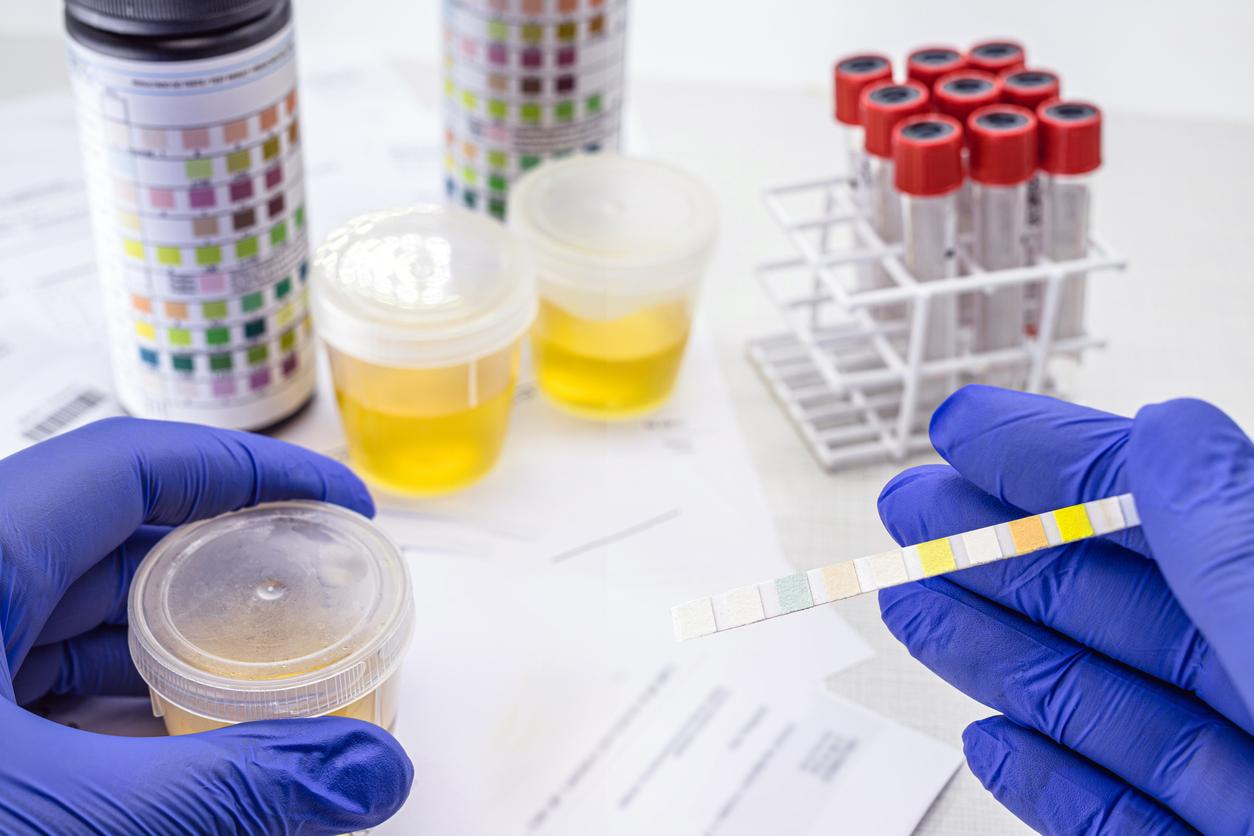UK-based biotechnology company Utility Therapeutics announced today that the US Food and Drug Administration (FDA) has granted priority review to its new drug application (NDA) for pivmecillinam for treatment of uncomplicated urinary tract infections (UTIs).
The company also announced that it has received a new round of funding led by the AMR Action Fund.
A widely used, well-studied antibiotic
Marketed under the brand name Pivya, pivmecillinam is a European-approved, oral antibiotic with a unique mechanism of action that has been used outside of the United States to treat uncomplicated UTIs for more than 40 years, with clinical cure rates of up to 95%. It's recommended as a first-line option in many countries, including Denmark, where it has long been used as a primary UTI treatment.
Utility Therapeutics acquired the US rights to the drug in 2018, along with the intravenous formulation, mecillinam, for which the company has submitted an NDA for complicated UTIs. Both drugs received the FDA's qualified infectious drug product designation in 2018. If the NDA for pivmecillinam is approved by the FDA, it would be the first new antibiotic approved in the United States for uncomplicated UTIs in over 20 years.
Uncomplicated UTIs are one of the most common reasons for outpatient antibiotic use in the United States and elsewhere, particularly in women, nearly half of whom will get a UTI in their lifetime. But resistance to first-line antibiotics for uncomplicated UTIs has been growing. A 2022 World Health Organization surveillance report, which included data from 87 countries, found that more than 20% of Escherichia coli isolates—the most common cause of UTIs—were resistant to first- and second-line antibiotics.
This is a product that's been well-studied, it's been widely used across Europe, and it's on numerous guidelines as a first-line option.
Utility President and CEO Tom Hadley says that with the three most commonly prescribed first-line options for uncomplicated UTIs—nitrofurantoin, Bactrim (sulfamethoxazole and trimethoprim), and fluoroquinolones—increasingly limited by resistance, efficacy, and safety issues, the unmet need is clear.
"There are 30 million prescriptions written for antibiotics for uncomplicated UTIs every year, and over 90% of those are for those three products," Hadley told CIDRAP News. "There's a huge need, and doctors need options."
The NDA includes six clinical studies supporting pivmecillinam's efficacy and 12 supporting its safety. Hadley says the efficacy and safety data support positioning the drug as a first-line option. In addition, he notes that resistance rates to pivmecillinam have remained in the low single digits despite widespread use across Europe.
"This is a product that's been well-studied, it's been widely used across Europe, and it's on numerous guidelines as a first-line option," he said.
That includes uncomplicated UTI guidelines from the Infectious Diseases Society of America, which lists pivmecillinam as an appropriate choice in countries where it is available.
According to the company, both pivmecillinam and mecillinam have also shown potent in vitro and in vivo activity against multidrug-resistant urinary pathogens like extended-spectrum beta-lactamase–producing E coli, which is a growing threat both in hospitals and the community.
Support from AMR Action Fund
With today's announcement, Utility is the seventh company to receive funding from the AMR Action Fund, which was established in 2020 and aims to invest more than $1 billion over the decade with the goal of bringing two to four new antibiotics to market by 2030.
"The number of safe, effective antibiotics that clinicians have at their disposal continues to dwindle in the face of rising rates of antimicrobial resistance," AMR Action Fund CEO Henry Skinner, PhD, said in a press release. "Bringing pivmecillinam to the U.S. will give clinicians an important tool to help patients suffering from urinary tract infections and support efforts to enhance global access to this drug."
Hadley say the financial support from AMR Action Fund is a validation of Utility's strategy and was critical in helping the company meet the FDA's requirements under the Prescription Drug User Fee Act.
The FDA is expected to make a decision on the NDA by April 24.






















